
Why Do Crosswords Just… Work?
You know those days when you feel like your brain is a fogged-up windshield and you’re squinting to see through? (It’s me. Lately, it’s been me!) Someone once told me, with a wink, “You should just play a crossword puzzle. It’s a free gym for your memory.” At first, I laughed it off.
But here’s the twist: a bunch of scientists (yes, really) have started saying Grandma was right all along. Turns out, when you play crossword puzzles memory exercise free and make a little habit of it, your mind gets a tune-up—much more than from those shiny brain-training apps we all download and forget about the next week. Why crosswords? Let’s dig in together.
Surprise! Old-School Beats Hi-Tech
You know how every week there’s a “new” viral app promising to make you smarter, faster, better? (I still have a half-finished Sudoku and a brain training app I haven’t opened since August.) But… according to some legit research out of Columbia and Duke Universities, that old-school crossword puzzle is doing more for your memory than most games on your phone ever will. Seriously, these researchers took two groups of older adults—some did crossword puzzles online, some played computer mind games. The crossword gang? They got sharper and were a little less forgetful over time, even months later! It’s like choosing a homemade soup over instant noodles—real nourishment vs. a quick fix.The study details the cognitive boost from crosswords here.
What’s Actually Happening in Your Brain?
Okay, science time… but let’s keep it breezy. Our brains have all these twisty connections, especially in areas that handle memory (the hippocampus, which sounds like a hippo’s university, but whatever). As we age, these areas can shrink a bit—totally normal, but kind of annoying if you’d prefer to remember where your keys are. When you work through crossword clues, your brain is lighting up connections all over the place: words, facts, associations, and yes, a little problem-solving. In big studies, doing crosswords was shown to slow down the shrinking of those brain bits, keeping them plumper and more resilient.Harvard explains this “brain workout” effect here.
Quick Table: Crosswords vs. Brain Apps
| Feature | Crosswords | Brain Apps |
|---|---|---|
| Cost | Mostly Free | Lots of paywalls |
| Fun Factor | Classic, social | Can get repetitive |
| Proven Memory Impact | Backed by recent research | Mixed results in studies |
| Accessibility | Online, in books, anywhere | Requires device/app |
If you want an easy starting point, you’d be amazed how many options there are to Play crossword puzzles memory exercise free online from home, no subscription, no hoops. Just put your feet up and start solving.
Memory Magic, Minus the Pressure
The best part about crosswords? You don’t need to be a word wizard or trivia champ. Honestly, sometimes I stare at the first clue—”Five letters, type of tree”—and my mind’s a blank. Then, a few minutes (and coffee sips) later, I remember “Maple”! It’s a little celebration every time.
How Crosswords Become a Well-Being Ritual
I know, you might be rolling your eyes thinking, “Yeah, but is it really a wellness thing, or just an excuse to avoid laundry?” Fair! Yet wellness isn’t always about kale smoothies or hardcore gym routines. Sometimes, it’s sneaking in a brain stretch that feels playful—not forced. Science (and, frankly, personal experience) says that regular, gentle mental challenges like these lower stress, focus your mind, and can even reduce feelings of anxiety.
One night, I was stuck on a puzzle and shot a quick text to my friend: “What’s a 7-letter word for ‘contentment’ starting with ‘S’?” We spent the next ten minutes trading guesses and giggling over our wild attempts (spoiler: it was “serenity”). That moment? Laughter, learning, a little mental jog… That’s wellness, my friend.
Real-World Wins: Short Stories from Solvers
I asked around and… just listen to these mini-tales:
- Mark, 63: “Since I started doing the daily senior crossword, I swear my memory’s improved. I’m quicker with names at my hiking club, and my doctor’s quiz at my last checkup barely made me sweat.”
- Maya, 45: “Crosswords are my treat after a long workday. It feels like putting the puzzle pieces of my brain back in place.”
- Susan, 70: “My granddaughter and I race to finish online puzzles together. She beats me sometimes! But I love that our brains both get a workout.”
These aren’t magic pills—they’re small, joyful habits that add up, much like steps on a pedometer or laps in a pool.
How To Make Crosswords a (Fun, Free) Habit
Ready to try? Good news—you’re spoiled for choice. Whether you want to play on your phone in line at the coffee shop, print out a puzzle for your commute, or tackle a themed “Memory Lane” grid that tickles nostalgia, there’s a crossword for every vibe. No excuses. And if you want “no-brainer” entry points, you can always check out Free and easy crossword puzzles—super accessible and beginner-friendly.
Easy Ways to Start (No Pressure, Promise)
Here’s how I dipped my toe in (and you can steal my secrets):
- Pick a puzzle that fits your mood. Feeling ambitious? Try a daily challenge from BestCrosswords.com. Want cozy and gentle? Opt for an “easy” mode from Washington Post’s selection or check a nostalgia-themed Memory Lane crossword.
- Set a timer for 15 minutes. No need to finish—just exercise your “mental muscles”… same as you wouldn’t expect a perfect yoga pose first time out!
- Share clues with friends to add social fun (and a pinch of competition).
If the digital world is your thing, don’t sleep on platforms like Arkadium, 247 Crossword, or even AARP’s daily game. Each one feels a bit different, so experiment until something clicks. And honestly, the feeling of solving that last stubborn clue is almost as good as finishing a run… just with fewer sweaty t-shirts.
Quick-Reference Table: Where to Play
| Website | Why Check It Out | Best For |
|---|---|---|
| Play crossword puzzles memory exercise free online | Clean interface, no sign-up required, new puzzles daily | Quick starts (and easy sharing!) |
| Free and easy crossword puzzles | Great for beginners, gentle on confidence | Warming up or unwinding |
| BestCrosswords.com | Fifteen new puzzles every day; printable too | Building a daily habit |
| Memory Lane @ Lovatts | Fun, nostalgic themes—think old songs, movies | Reminiscing with family |
| 247 Crossword | Levels from “Easy” to “Expert”—daily challenges | Leveling up your skills |
And if you’re ever stumped, don’t forget: sometimes just getting started opens doors in your mind you didn’t even know were stuck shut. There’s zero risk… and the reward is a happier, sharper you.
How Much Is Enough?
People always ask, “How often should I play?” Honestly, you don’t need to obsess. Think of crosswords like your favorite cup of tea or a ten-minute walk. A little every day is gold, but even two or three times a week gives your mind a boost without turning it into a job. Researchers say even 15–20 minutes, a handful of days a week, leads to measurable improvements in memory and thinking skills—like walking for your brain.Study details here
How to Track Progress (& Keep Things Fresh)
Some folks like to keep a simple journal: “Solved three clues solo today!” I’ve met others who screenshot their fastest times and share them in a family group chat—cue the friendly teasing! You can also combine crosswords with other routines: meditation, outdoor walks, maybe paired with your morning coffee. Variety keeps your mind interested—and less likely to drift into “autopilot” mode.
Mixing things up matters. And if you want to add fun, try joining a crossword challenge group or virtual club. I know a teacher who started a “connect and solve” Zoom meet during the winter; her group of five all noticed sharper minds and a cozier sense of connection all season long. Win-win.
A Few Real-Life Lessons (And Missteps)
Want a confession? The first time I tried to play crossword puzzles memory exercise free online, it took me forever to figure out how to fill the grid (tip: click the first square, type, then arrow over—so much easier now). I messed up on “aspic” three times in a row (who knew that was a word for gelatin?!), but eventually, I started looking forward to my mini-sessions.
Here’s what I’ve learned the messy way: you don’t have to be perfect. Sometimes your mind draws a blank. Sometimes “serenity” really is the answer hidden right under your nose. Celebrate the process. Laugh off the mistakes. Remember, nobody’s handing out trophies—just tiny daily victories for your brain.
There’s something sneakily satisfying about looking back and realizing you’re a touch sharper, a pinch quicker on the recall, and just a little less stuck in the daily “mental mud.” And if all you did today was fill in three squares and smile… that’s enough.
Let’s Wrap (Your Brain Will Thank You)
If you take away one thing from this whole ramble, let it be this: making the time to play crossword puzzles memory exercise free isn’t just a quirky habit. It’s a real, science-backed, actually-enjoyable way to keep your brain flexible. These puzzles aren’t about being “smarter” than anyone else—they’re about being a little more present, a little more engaged, and a lot more in touch with the everyday wins your mind can deliver.
So what do you think—are you up for the challenge? Pick a puzzle. Grab a pencil. Invite a friend or go solo. Brew that tea or coffee, take your time, and let your brain stretch. If you’re anything like me… you might just find yourself smiling a little wider at the end, proud not just of the solution but of the journey itself.
And hey, if you want an easy place to start, check out Play crossword puzzles memory exercise free online or try your hand at free and easy crossword puzzles. Your future self will thank you—and who knows, you might just remember where you left your keys tomorrow.

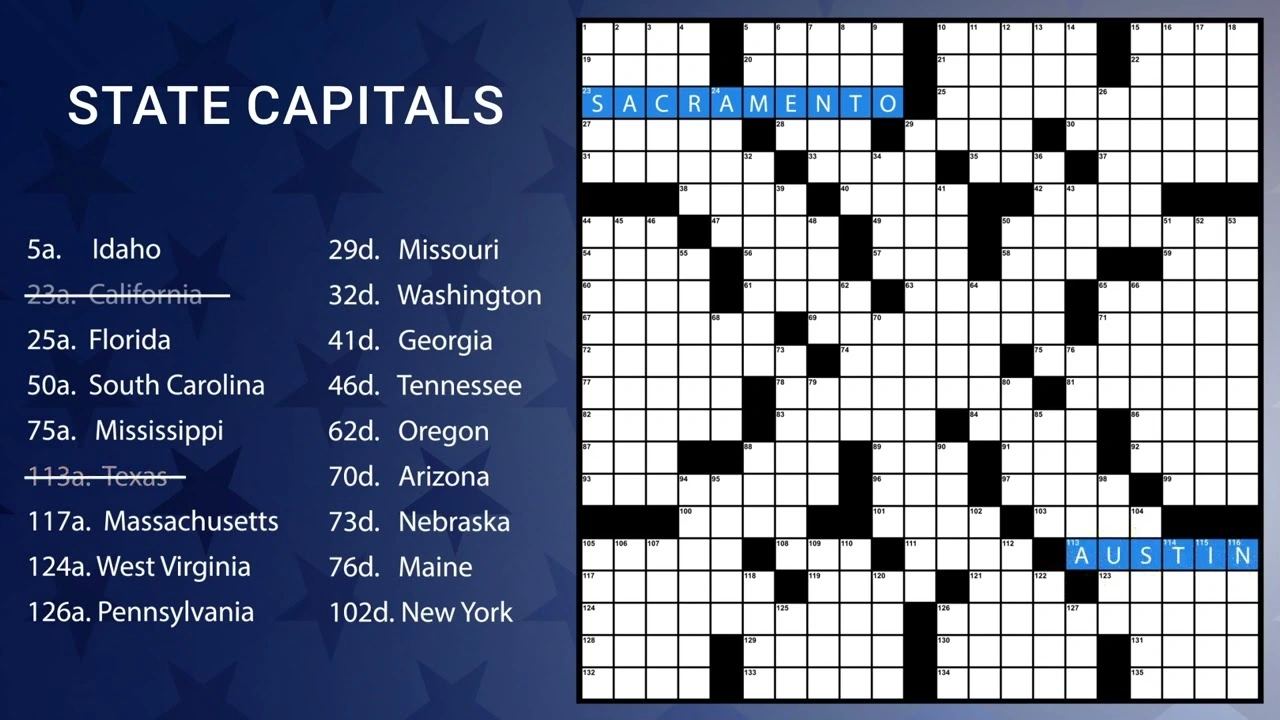
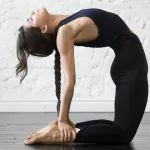
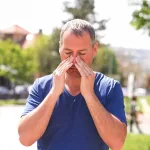


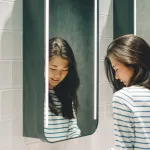
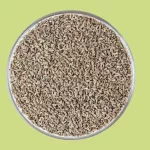
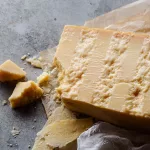
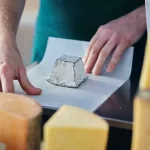
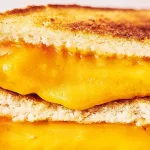


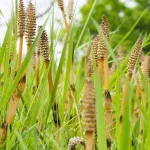


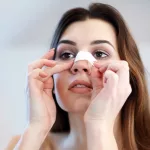
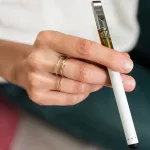
Leave a Reply
You must be logged in to post a comment.